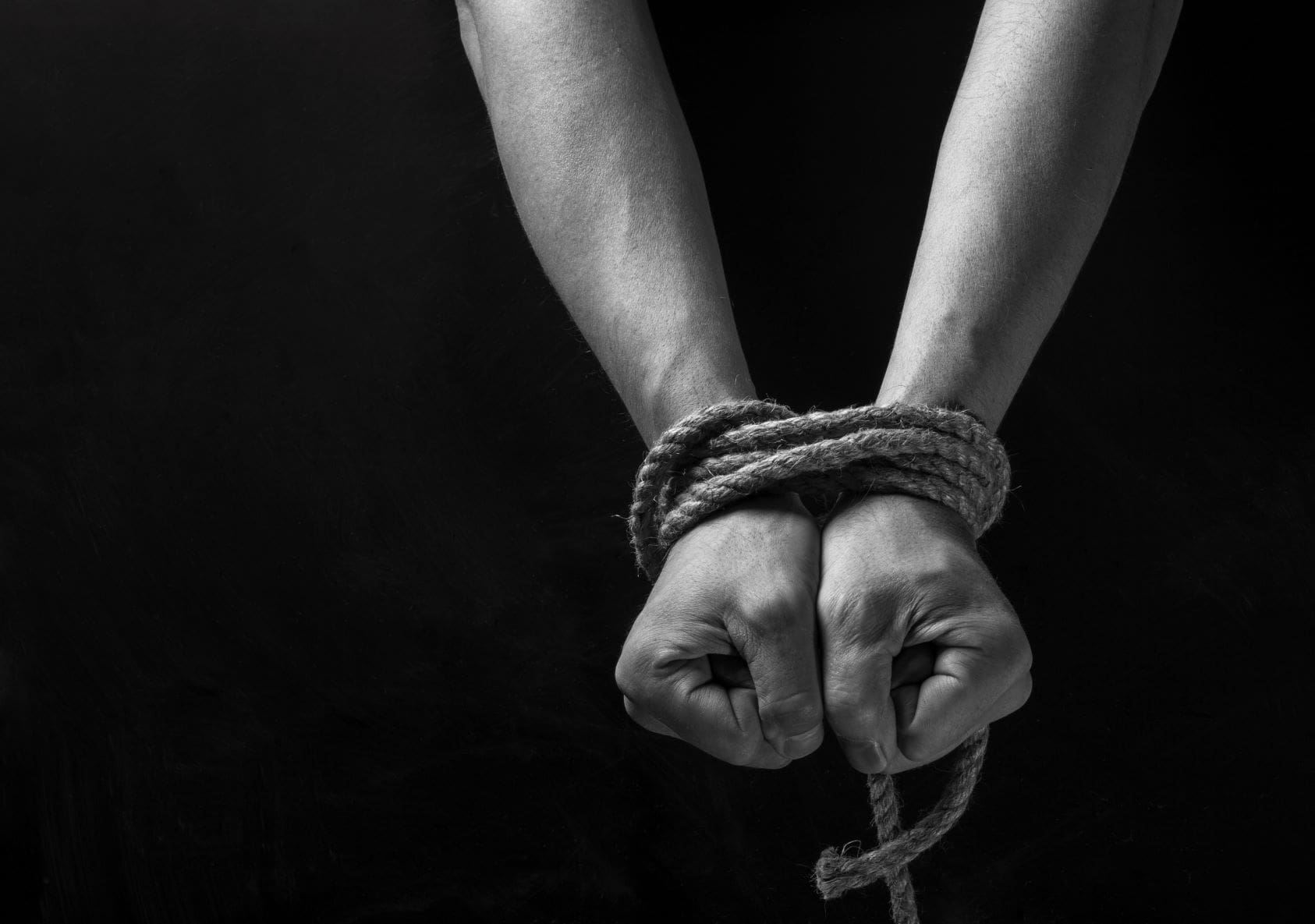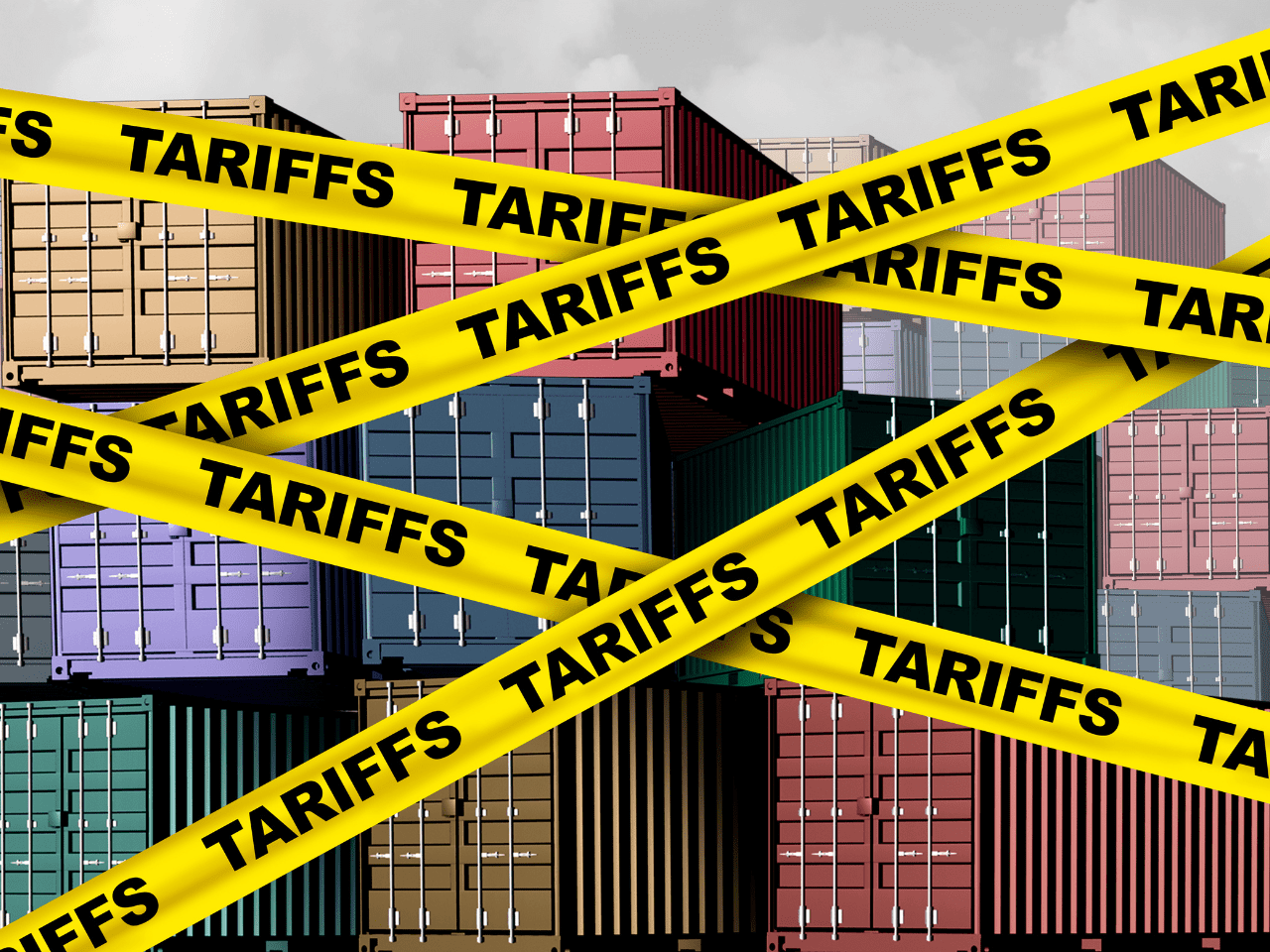It’s time to be a leader
The criminal gangs that look to profit from the exploitation and forced labour of vulnerable people are skilled at hiding it. UK modern slavery happens behind the scenes, and many companies aren’t aware that it is contributing to their supply chains at all. One of the key examples that our guest speaker, Shirley Goodrick from Slave-Free Alliance shared in a recent webinar that we ran on Modern Slavery is about this study that links Nike, Adidas and Apple to forced labour by Uighurs in factories across China. This highlights the importance of understanding your own supply chain and, in reality, that is something that some organisations have really only understood as they have actually found that part of their supply chain is broken.
Criminal skill is only one part of the picture. A lot of buyers have also been happy to hope that their suppliers are not using forced labour, and only react to specific instances if and when they occur. There is a growing feeling among buyers who are looking to operate fully legal and ethical supply chains that this is not enough, and that it is the role of business to take a lead on trying to eliminate modern slavery in the UK.
We agree, and are committed to helping the buyers and suppliers we work with to own the solution and lead the way.
Leadership is critical
While taking a zero tolerance approach to forced labour is the only way to combat it effectively, zero tolerance doesn’t work unless everyone in the supply chain is committed to it. This is where the importance of communication comes in. Buyers need to make sure that their values are reflected at every level of their supply chains. This is not about adding further obligations to suppliers, it is about working together in an open and honest way.
There are a whole range of benefits for everyone involved. Buyers that are seen to be leading the way get the benefit of added credibility, but they also significantly reduce their risk profile by being proactive. Supply chain mapping and Ethical Business Programme (formally Labour Practice Audits) are important tools for helping buyers gain vital oversight into how their supply chains work, and they help to identify and mitigate areas of risk. By putting in place measures to combat modern slavery in the UK, they are actively reducing the risk of future disruption.
For suppliers, they get the support of buyers in implementing best practice and cementing their relationship further. In our communities we find that ethical suppliers are searched for more, and those that are audited have fewer accidents and score better in health and safety and corporate responsibility criteria. This all helps them to become more attractive to buyers and drive growth.
This is one of the main benefits of our communities and supplier pre-qualification. By providing buyers with access to a wide range of suppliers that have already demonstrated their capabilities and commitments on things like health and safety and ethical business in the workplace, we help make sure supply chains operate on shared values.
Actively doing good
Increasingly, it is not enough for buyers and their supply chains to be seen to be avoiding doing things that could have a negative effect on their reputation. They need to be seen to be actively doing good, providing solutions and driving the kind of change they want to see in the world. While part of this is living up to basic compliance requirements (our data shows that 23% of companies required to issue modern slavery statements have still not done so), it also means going further and doing more.
The top three most common countries of origin for potential victims of trafficking recorded in the last two years were UK, Albania and Vietnamese. Shirley exposed “it is a reality that there are still businesses that don’t have modern slavery in their horizon and have not got a strategy in place even though, in many cases, they’ve actually got some clear risk factors”.
There are a number of ways that companies can go about this. The Dow Jones Sustainability Index shows that ethical companies have tended to fare better in the UK and US stock market, and companies with a higher environmental, social and governance are valued higher by investors. This is principally tied to the idea that these companies are actively addressing risks and other negative impacts that they face.
This is all evidence that proactively taking on the challenges that industries and supply chains face is a good business strategy. We can help you at every step of the way by putting in place strategies that actively identify and deal with modern slavery in the UK, we can all work together to build legal and ethical supply chains that generate better results as well as protecting some of society’s most vulnerable people.
More in-depth information about Modern Slavery can be found in our Whitepaper.


